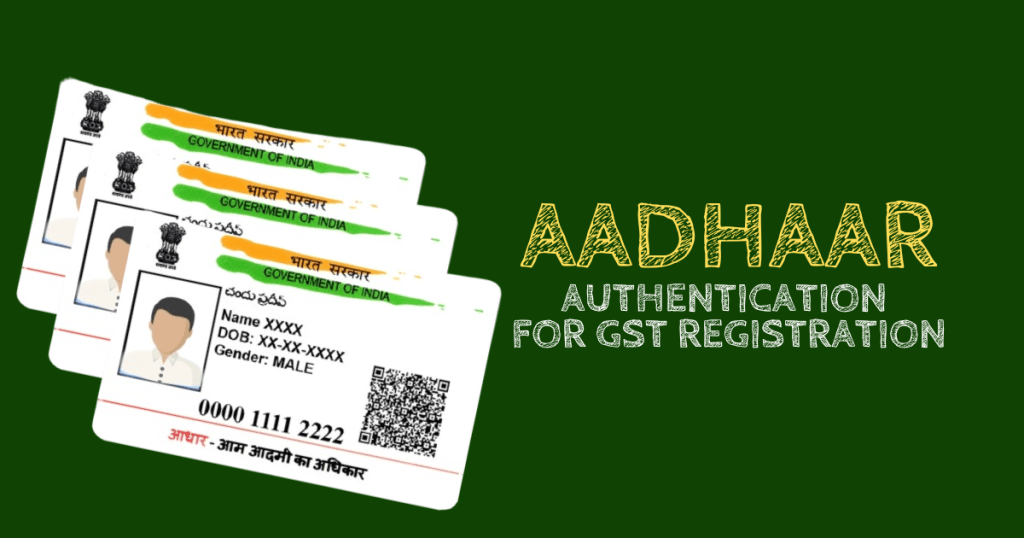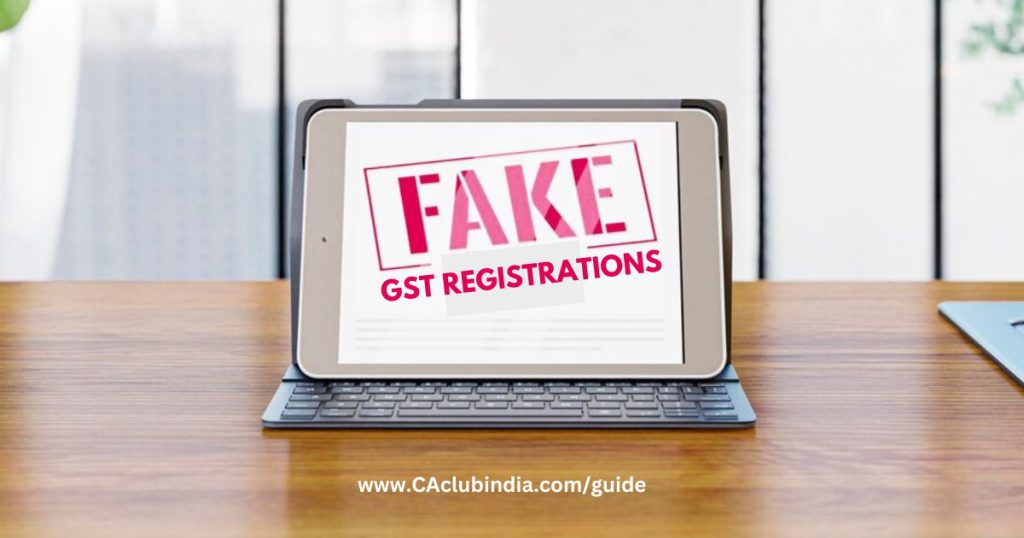E-Way Bill also known as Electronic Way bill is a document to be generated online under the GST system, when goods are shipped from one place to another, if the value of consignment exceeds a specified limit.
Key Points on E-Way Bill Rules for 2025
| Rules | Details |
| Threshold | For goods above Rs.50,000 in value |
| Applies to all movement | Interstate and Intrastate based on state rules |
| Who must generate | Supplier or Recipient (if supplier is unregistered) or Transporter |
| How to generate | File via GST EWB-01 form on the E-Way Bill portal |
| Form used | Form GST EWB-01 and EWB-02 |
| Validity based on distance | 1 day validity for every 200 km of transit |
| Documents to carry | Invoice and a copy of e-way bill |
| Penalties | Rs.10,000 fine or tax amount (whichever is higher) |
| Cancellation Window | E-way bill can be cancelled within 24 hours if not used |
| Transport by courier or hand | E-way bill still requires if threshold met. |
Details Required in E-Way Bill
There are two components in E-Way bill i.e. Part A and Part B.
The details required in Part A:
- GSTIN of recipient
- Place of delivery (Address, Pincode)
- Invoice Number or challan Number and date
- Value of goods
- HSN code
- Transport document number and Reasons for transportation
The details required in Part B:
- Details of the transporter such as name, ID, Doc. Number, Date and Vehicle number in which consignment is being transported.
Key Players in E-Way Bill Compliance
| Who | When | Part | Form |
| Person registered under GST | Before goods movement | Part A | Form GST EWB-01 |
| Consignor/ Consignee or recipient of goods | Before goods movement | Part B | Form GST EWB-01 |
| Consignor/Consignee (goods handed to transporter) | Before goods movement | Part B | Provide transporter info in Part B |
| Transporter of goods | Before goods movement | — | Generate e-way bill from Part A info |
| Unregistered supplier with registered recipient | As per compliance | — | 1. No conveyance details needed Part B of FORM GST EWB-01 for transport ≤ 50 km. 2. Use Part A for air, ship, or rail supplies. |
Who can Generate an E-Way Bill?
Registered Persons
Mandatory when the value of goods exceeds Rs.50,000 per invoice.
Unregistered Persons
E-Way Bill mandatory for goods more than Rs.50,000.
If supply is made to a registered person, then the registered recipient must ensure compliance.
Transporters
E-Way Bill becomes mandatory if the supplier/consignor has not the generated one.
When E-Way Bill is Not Required?
- If goods are under Rs.50,000 value.
- Mode of transport is non-motor vehicle.
- Transit cargo to/from Nepal or Bhutan.
- Defence goods moved by Ministry of Defence.
- Rail transport by Govt. or local authorities.
- State-specific exemptions under local GST rules.
- Empty cargo containers.
- Short-distance weighment (within 20 km) with Delivery Challan.
- State-specific exemptions under local GST rules.
Multi-Factor Authentication (MFA) Implementation
- From 1st January 2025: MFA will become mandatory for taxpayers with Annual Aggregate Turnover (AATO) exceeding Rs.20 Crores
- From 1st February 2025: Mandatory for taxpayers with AATO exceeding Rs.5 Crores.
- From 1st April 2025: Mandatory for all other taxpayers and users.
MFA requires login using a username, password, and OTP (sent to the registered mobile number, Sandes app, or similar platforms)
Validity of an E-way Bill
The validity is based on the distance:
| For Regular Cargo | Distances less than 200 km -> Valid for 1 day For every 200 km or part thereof -> An additional 1 Day |
| For Over Dimensional Cargo | Less than 20 km -> Valid for 1 day For every 200 km or part thereof -> An additional 1 Day |
When To Extend The Validity?
The generator can extend the EWB validity either 8 hours before it expires or within 8 hours after its expiry.
How To Extend E-way Bill?
- Login to the E-way bill portal.
- Select ‘Extend Validity’ input the bill number and the reason for extension.
- To confirm select ‘Yes’.
- You can also update the distance, delivery locations and vehicle details.
- Submit the request for approval.
- Once approved, your E-Way Bill with a new e-way bill number will be issued upon extension.
Time limit For E-Way Bill Generation
The generation of E-Way Bills will be restricted to documents dated within 180 days from the date of generation.
This means –
An e-way bill has two parts: Part A and Part B .
The e-way bill becomes valid only when Part B is completed but it must be generated within 180 days of the invoice date.
Example:
If Supplier A sells goods worth Rs. 55,000 to Recipient B on July 5, 2024, and only fills out Part A.
Recipient B must complete Part B by 1st January 2025 as he cannot take more than 180 days to generate the e-way bill.
E-Way Bill Extension Limit
EWB extensions limited to 360 days from their original date of generation.
For example: an E-Way Bill generated on 1st January 2025 can only be extended up to 25th December 2025.
Penalties
The transportation of goods without a valid or expired e-way bill can lead to a fine of Rs.10,000.
FAQs
There is no limit to the number of times the validity can be extended.
You cannot moved goods legally if the e-way bill expires but under exceptional circumstances or trans-shipment, the transporter can extend the validity by updating the reason and Part B details in FORM GST EWB-01.
Yes, you can but only generate an e-way bill for documents dated within the last 180 days.


